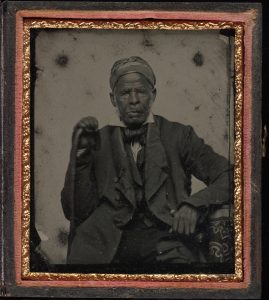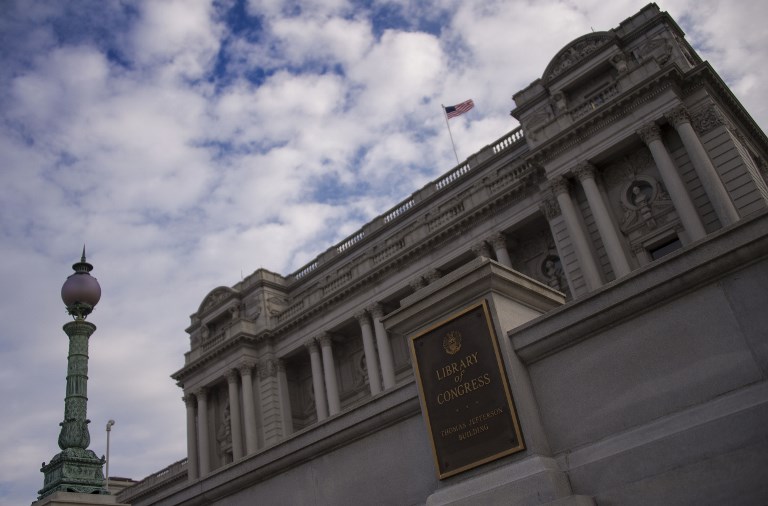São Paulo – The United States Library of Congress released this month what it described as the ‘only known extant narrative written in Arabic by an enslaved person in the United States.’ It is the autobiography of Omar Ibn Said, a wealthy, highly educated man who was captured in 1807 in West Africa and brought to the USA as a slave. He wrote a 15-page autobiography describing his experiences.
The work has been made available online for the first time. The Library of Congress said the manuscript’s relevance stems not only from its telling of an enslaved person’s life story, but also because it documents the beginning of Islam and Muslims in the United States. “Although the Omar Ibn Said Collection is recognizable, it has been moved between different private owners and even disappeared for almost half a century,” Librarian of Congress Carla Hayden was quoted in a press release as saying..

“This rare collection is extremely important because Omar Ibn Said’s autobiography is the only known existent autobiography of a slave written in Arabic in America,” said Mary-Jane Deeb, chief of the African and Middle Eastern Division at the Library of Congress. “The significance of this lies in the fact that such a biography was not edited by Said’s owner, as those of other slaves written in English were, and is therefore more candid and more authentic,” she said.
According to Deeb, the documentation is also important because it attests to the “high level of education and the long tradition of a written culture that existed in Africa at the time,” added Deeb. “It also reveals that many Africans who were brought to the United States as slaves were followers of Islam, an Abrahamic and monotheistic faith. Such documentation counteracts prior assumptions of African life and culture.”
Omar Ibn Said
According to the library, the autobiography and the articles about Omar Ibn Said issued in the American press while he was still alive, he was a member of the Fula ethnic group of West Africa who today number over 40 million people in the region extending from Senegal to Nigeria.
The son of a wealthy father, he spent over 25 years as a scholar and Muslim in West Africa. In his autobiography, Said writes that while growing up, he “continued seeking knowledge for twenty five years.” Said’s life changed completely when he was about 37 years old, and armed men came to his home, killed many people, captured him and sold him into slavery.
He was sold to a man who took him to “to the big Ship in the big Sea” and arrived in Charleston, South Carolina, where he was bought by a man called Johnson, who was cruel to him. Said escaped, but was captured and landed in jail in Fayetteville, North Carolina, where he spent 16 days. That is where he began writing in Arabic on the walls of his jail, and where he was discovered and eventually taken into the household of Jim Owen and his brother John Owen, the governor of North Carolina (1828-1830). He converted to Christianity and remained with the Owens until his death in his late eighties. Slavery in the US was abolished only in 1863.
Translated by Gabriel Pomerancblum & Guilherme Miranda




